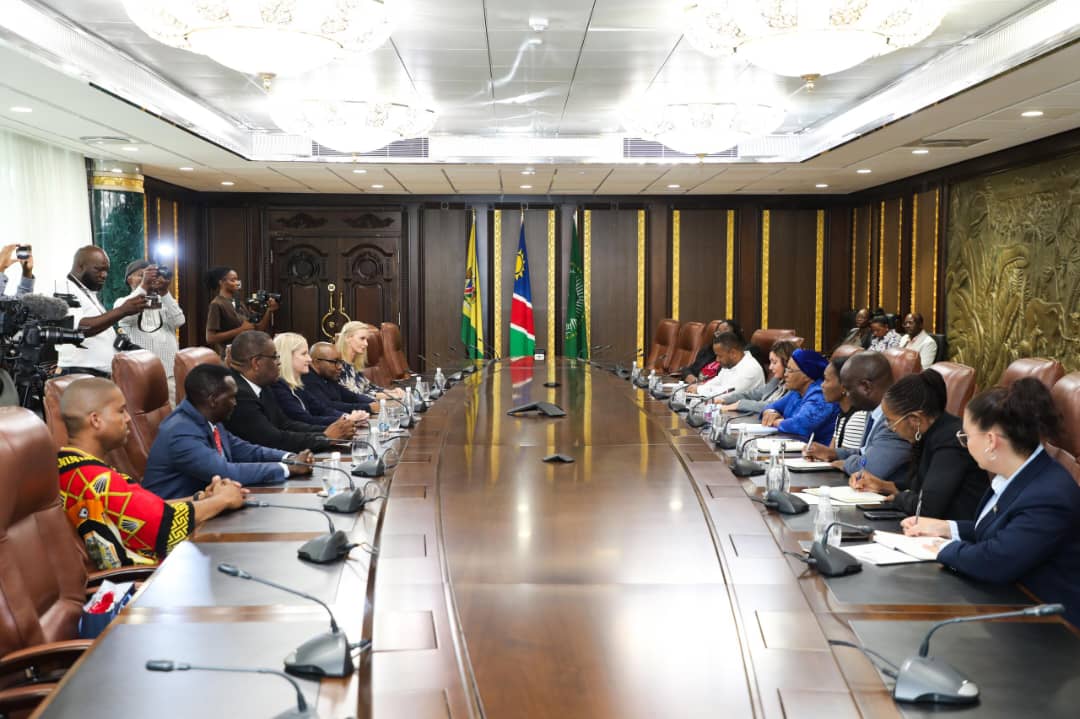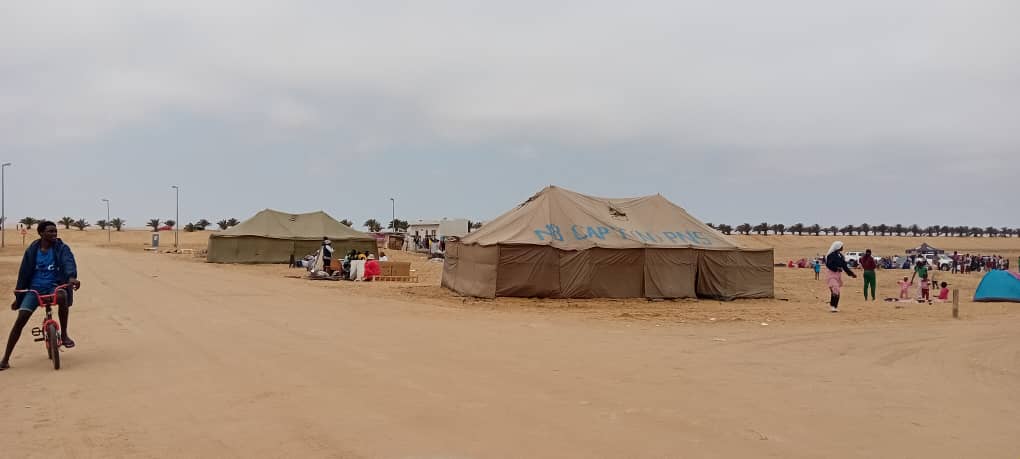Popular Democratic Movement (PDM) president McHenry Venaani says they will tackle the high unemployment rate in the country.
The party will do this by creating manufacturing factories in each constituency as well as setting up green schemes in regions like the Zambezi region.
He made these remarks during the launch of PDM’s election manifesto at the Katima Mulilo Sports Complex on Sunday.
The election manifesto is themed ‘Create Jobs, Build Homes, Expand Agriculture, and Secure a Better Future’.
According to Venaani, the creation of manufacturing and processing industries in the 121 constituencies under their governance will be private initiative-driven and supported by government facilitation through friendly legislation, tax incentives, and robust legal frameworks.
He added that by 2029, they will decrease the unemployment rate by 11%, as well as increase the budget allocation for agriculture to 10%.
“We envision an economy that transitions from raw material dependence to value-added industrialisation. This will ensure that young Namibians have meaningful job opportunities right where they live, kick-starting the rural economies. We will also mandate that at least 80% of all state procurements come from local manufacturers,” he said.
Venaani said the days of Namibia relying on importing water and vegetables from South Africa will be over because they will ensure regions with abundant resources will be able to produce food for the nation.
Read more in The Namibian tomorrow
Stay informed with The Namibian – your source for credible journalism. Get in-depth reporting and opinions for
only N$85 a month. Invest in journalism, invest in democracy –
Subscribe Now!










